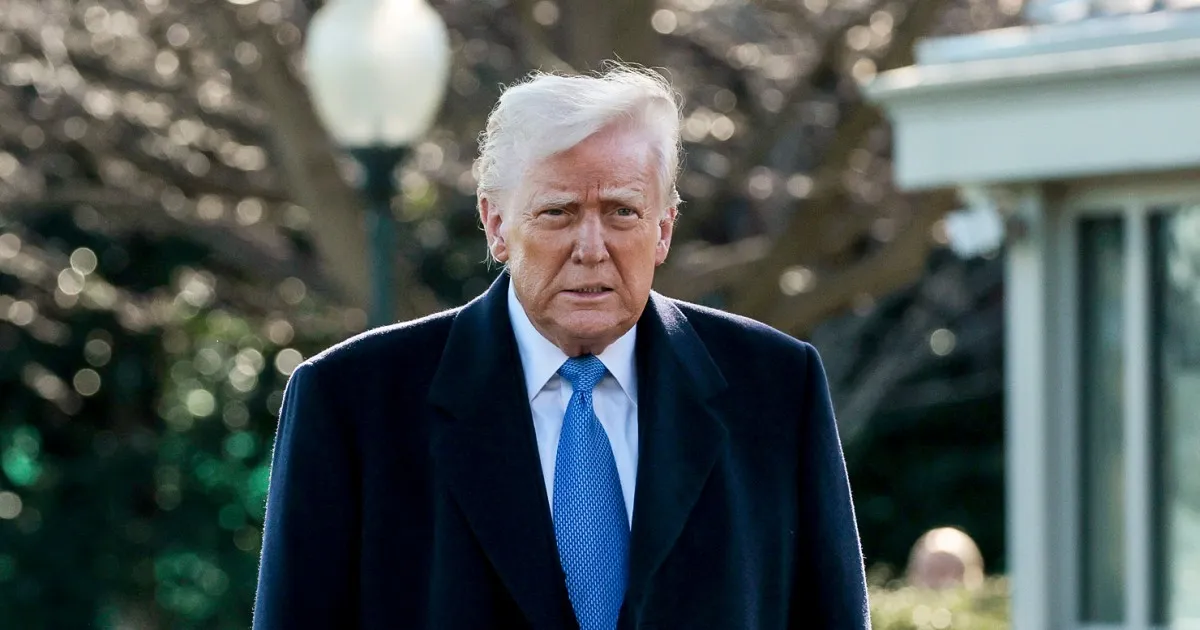
On Tuesday, the Supreme Court made a significant ruling, halting a federal judge's decision that required several federal agencies to reinstate approximately 16,000 workers who had been targeted for termination by the Trump administration. This ruling means that the federal government will not be obligated to bring back the affected employees while litigation continues in a California federal court.
In this unsigned decision, Justices Sonia Sotomayor and Ketanji Brown Jackson, both liberal members of the court, expressed their dissent. The Supreme Court's order suggested that some nonprofit groups involved in the lawsuit may lack the necessary legal standing to press their claims effectively. This ruling complicates an already intricate legal landscape, as a judge in Maryland has issued a similar order related to the same agencies involved in the California case.
The Maryland ruling mandates that affected employees across 19 states and the District of Columbia remain on paid administrative leave while litigation unfolds. The federal agencies implicated in the California case include the Departments of Veterans Affairs, Defense, Energy, Interior, Agriculture, and Treasury. This situation stems from a broader initiative led by the Trump administration, under the guidance of Elon Musk and his Department of Government Efficiency, aimed at significantly reducing the federal workforce.
U.S. District Judge William Alsup of California previously ruled that the process used to terminate probationary employees was legally flawed, necessitating their reinstatement. However, the Trump administration contended that Alsup overstepped his authority by micromanaging personnel decisions and that the various labor unions, including the American Federation of Government Employees, did not have a direct stake in the firings.
The Supreme Court's ruling specifically addressed the claims made by nonprofit groups, which formed the basis of Alsup's decision. As such, the claims brought forward by the unions could potentially lead to further legal actions. It's important to note that no individual federal employees are named in this lawsuit.
In court documents, then-acting Solicitor General Sarah Harris argued that Alsup's ruling infringed upon the separation of powers by allowing a single district court to dictate the Executive Branch’s personnel management practices on dubious grounds and under rushed timelines. She emphasized that this was not a sustainable approach to running a government.
Harris also pointed out that the Maryland case differs significantly from the California ruling, as Judge James Bredar only required that the employees be placed on administrative leave without ordering their full reinstatement. Furthermore, Bredar's case is at an earlier stage in the legal process, meaning his ruling is currently provisional.
Moreover, Harris highlighted that the Department of Agriculture is bound by a decision from the Merit System Protection Board, which mandated the reinstatement of thousands of federal workers. Legal representatives for the challengers noted that the government had previously indicated in a separate filing that it had substantially complied with the reinstatement order, which may reduce the need for the Supreme Court's intervention in this matter.